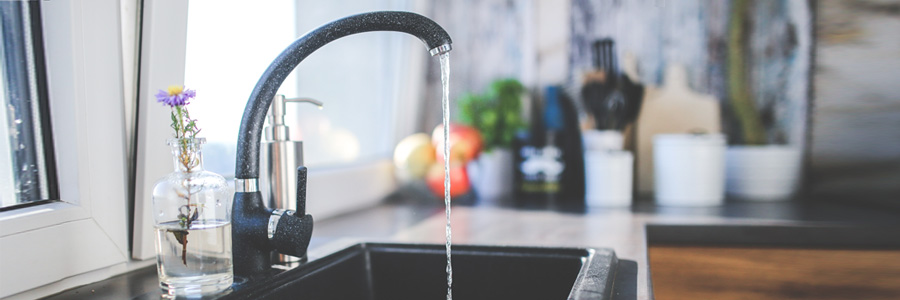The Water Blog Drinking Water Contamination Problems and Their Treatment
How Can I Improve My Water?
Posted on September 28, 2018

Improving the quality of your drinking water can be as simple as installing one or more water filtration systems, or it can be a more involved process requiring a significant investment... and it all depends on the initial water quality you begin with.
Lets back up a minute.
An initial water quaity test will give you a baseline water quality from which you can make some decisions about how to treat your water (and indeed whether to treat it at all). A basic water quality test that will provide data for a limited number of potential contaminants is available from a variety of public and private labs depending on where you live.
Common tests will help determine levels of bacteria (E.coli and coliform), plus things like iron, hardness, calcium, turbidity etc. In most cases the lab report will provide information on what levels are acceptable and what are not. It's the levels that are unacceptable that must be dealt with first.
There are a number of filtration systems available to help clear up the water and to remove contaminants such as sediments, excess iron and hardness etc. Most people prefer an automatic filter system that not only processes all of the water in the home but also cleans itself on a regular basis (auto backwashing) in order to make sure the filter is working at it's peak performance level. Look for a combination type filter that can remove several contaminants at once – this will result is a smaller system overall and is usually less expensive to install.
Now that the physical appearance of the water has been taken care of with filtration, it's time to address the biological contaminants that may be present in the water like E.coli and coliform.
Disease-causing pathogens in water are not uncommon in many places in the world. There are several ways to disinfect (kill the pathogens) including adding chlorine (or other chemicals) to the water, and employing UV light to do the job.
Over the years it is becoming increasingly obvious that people would prefer to use a non-chemical method of disinfecting their water supply and UV checks all the right boxes:
It's inexpensive to own
It's simple to use – and operates automatically
It's chemical-free
It's much better for the environment
It's safer to use – there is no risk of overdose
So the simple answer to the question how can I improve my water? is to contact Wyckomar and let us walk you through the process of improving your water right now.
Search The Water Blog
More Information
Please contact us at sales@wyckomaruv.com for more information